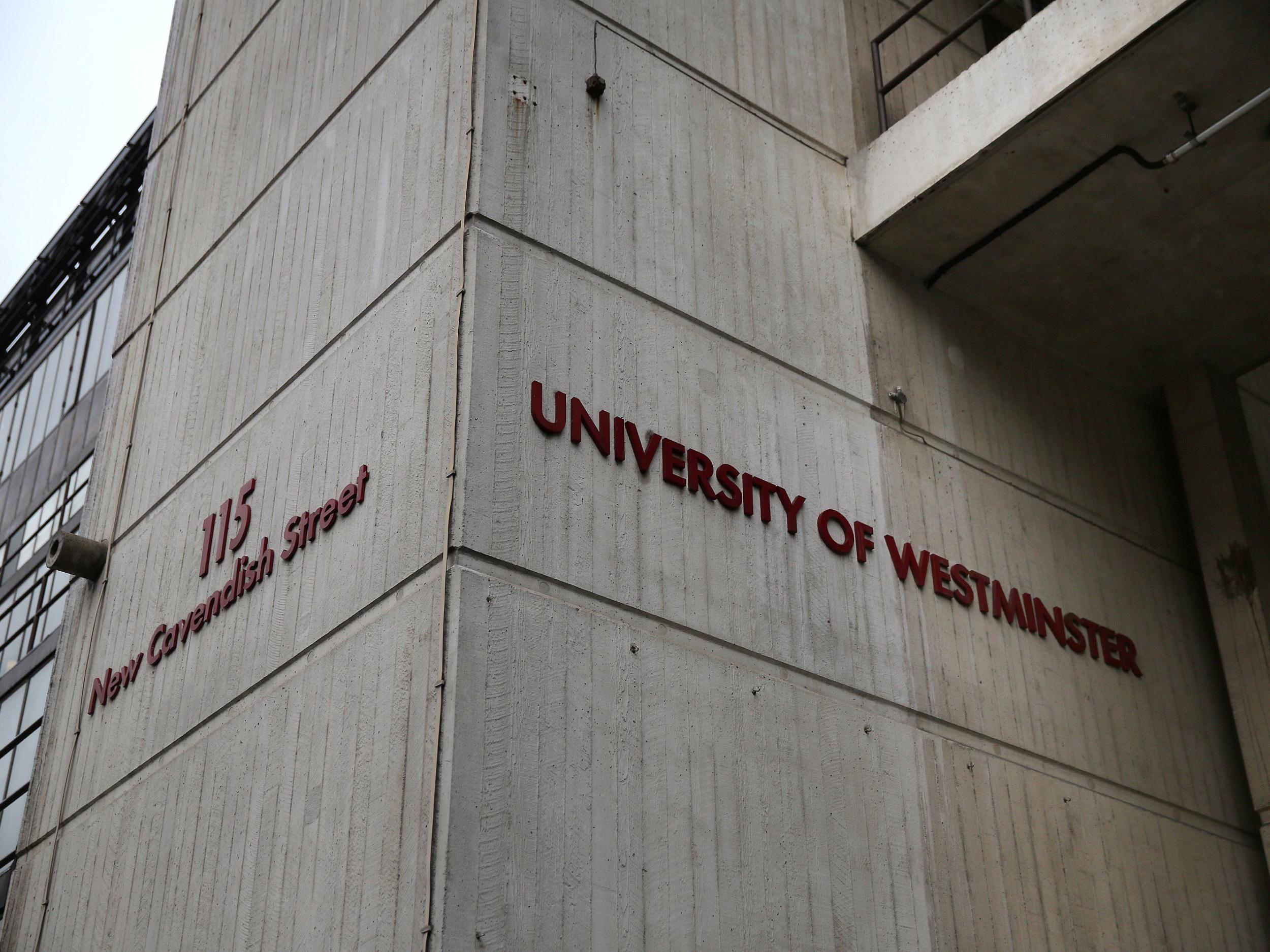'Jihadi John' could still be alive, FOI request to his former university reveals
Mohammed Emwazi is believed to have been killed in a US drone strike in Raqqa in November 2015

The death of a British militant known as “Jihadi John” has been disputed by his former university, who have refused to release information about him as part of an FOI request, arguing there is no “authoritative confirmation” he is dead.
The jihadist, also known as Mohammed Emwazi, became notorious after appearing in beheading videos of victims, including UK aid worker David Haines and taxi driver Alan Henning. Along with three other Isis militants with British accents, he was dubbed one of “the Beatles” by Isis captives.
The University of Westminster graduate, who studied computer programming at the institution, grew up in London after moving to the city at the age of six. He had come to attention of security agencies in Britain as one of the self-styled “London Boyz” who raised funds and spread propaganda for the extremist al-Shabaab group in Somalia.

He was presumed dead in a US drone strike in November 2015, with the Pentagon saying his death was “reasonably certain”.
An obituary in a magazine produced by Isis confirmed the death. Calling him an “honourable brother”, Daquib magazine said Emwazi had been killed on 12 November last year “as the car he was in was targeted in a strike by an unmanned drone in the city of Raqqa, destroying the car and killing him instantly.”
In response to an FOI request made by the BBC asking the University of Westminster for Emwazi's electronic records, the institution argued releasing the information would be “unfair” on the grounds he may still be alive and it could be an “unwarranted intrusion into the private life of a young individual”.
The BBC say they made the request in February in order see whether Emwazi's university records “would shed light on his past character, any contact with the authorities, and how and why he became radicalized”.
The university’s decision has been backed by the Information Commissioner’s Office (ICO) who issued a statement saying “the commissioner agrees with the university’s approach”.
The commissioner’s decision notice states: "Although there may be legitimate public interest arguments in favour of disclosure, the commissioner has decided that these are outweighed by the distress and upset disclosure could cause and the unwarranted intrusion into the private life of a young individual."
According to the BBC, the full reasoning behind the commissioner’s decision has not been revealed on the basis it could itself divulge personal information.

Emwazi studied at the University of Westminster between 2006 and 2009 and part of his academic file has previously been published in the UK media.
An ICO spokesperson said: "The FOI Act is designed to promote transparency and openness, but is also balanced to avoid the inappropriate release of personal information. Anyone who is not happy with a decision can appeal to the information rights tribunal."
A spokesperson from the University of Westminster said: “We are complying with our legal obligations and the Information Commissioner’s Office (ICO)’s decision confirms that our process in handling such requests is correct and robust.”
Join our commenting forum
Join thought-provoking conversations, follow other Independent readers and see their replies
Comments
Bookmark popover
Removed from bookmarks